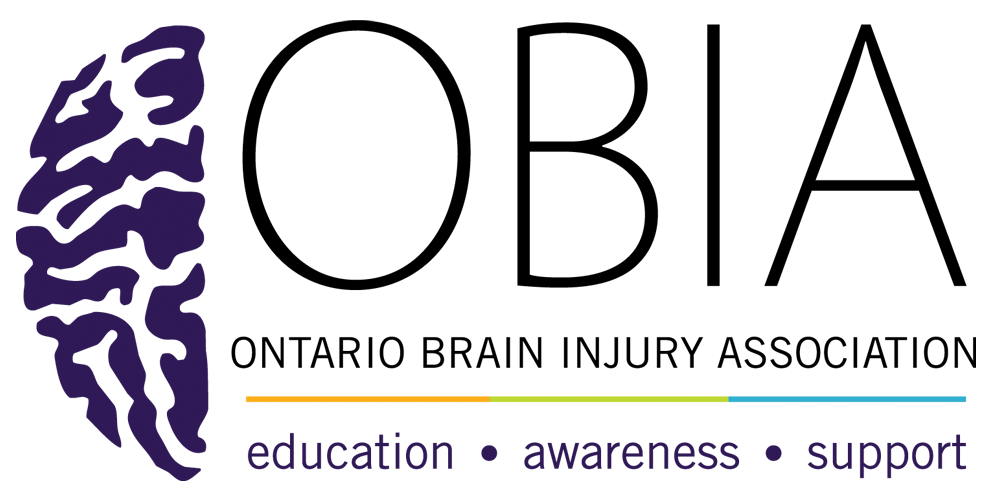Quick Facts
- Communication is made up of two parts: speech and language
- Speech refers to the sounds we make
- Language refers to our understanding and use of words
- Language difficulties can be frustrating for everyone and patience is needed
- Aphasia is a language difficulty following a brain injury that can range from mild to severe and may include:
- Difficulty with speaking (expressive language)
- Difficulty understanding (receptive language)
- Difficulty with reading and writing
What does it
look like?
- Individual may have difficulty using and understanding non-verbal communication (facial expressions, tone of voice and body language). They may not be able to read other people’s emotions and as a result may not respond appropriately
- Difficulties with receptive language (understanding):
- Constantly asking for things to be repeated
- Challenges with the speed, complexity or amount of spoken information
- Not paying attention during conversations
- Not understanding what is being said
- Difficulty remembering instructions
- Difficulties with the expressive language (use of words):
- Rambling explanations and switching to unrelated topics
- Difficulty remembering words or using words incorrectly
- Interrupting others
- Inappropriate comments and behaviour
- Little response when a detailed response is needed
- Poor spelling and difficulty learning new words
- Saying the same thing over and over, also called perseveration
Possible Causes and Complications
Possible causes:
- Usually caused by damage to the left hemisphere of temporal lobe
(Broca’s area or Wernicke’s area)
Possible complications:
- Difficulty with language often results in further cognitive challenges such as:
- Attention and concentration difficulties
- Memory problems
- Literal interpretation
- Reduced reasoning and problem-solving skills
- Cognitive fatigue
- Slowed speed of information processing
- Impaired social communication skills
- Reduced insight
What can we do?
- Use kind words and a gentle tone of voice, be careful not to “talk down’’ to the person
- When communicating with the individual, ask every so often if they understand what is being said
- Do not speak too fast or say too much all at once
- Listen and allow time for finishing sentences or thinking of words
- Develop a signal (e.g. raise a finger) to let the individual know when they are getting off topic. If signal does not work, prompt them by saying “we were talking about…”
- Limit conversation to one speaker at a time
- Avoid:
- False reassurances
- Finishing sentences for the person
- Speaking too loudly or too slowly
- Using jargon or lengthy explanation
Disclaimer: This information is not meant to replace advice from a medical doctor. Consult a health care provider regarding specific medical concerns or treatment.

